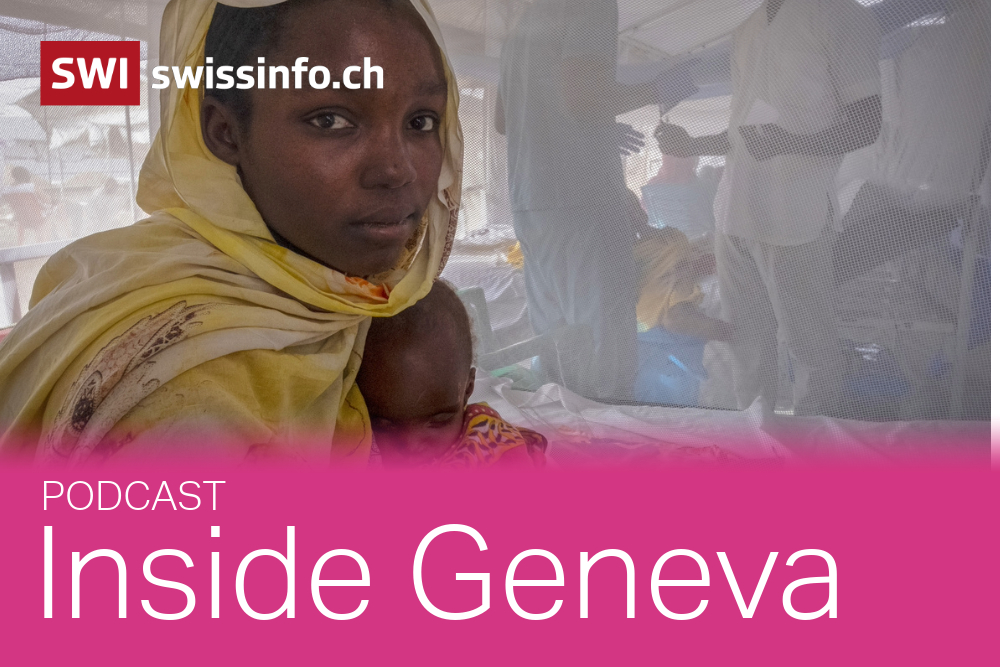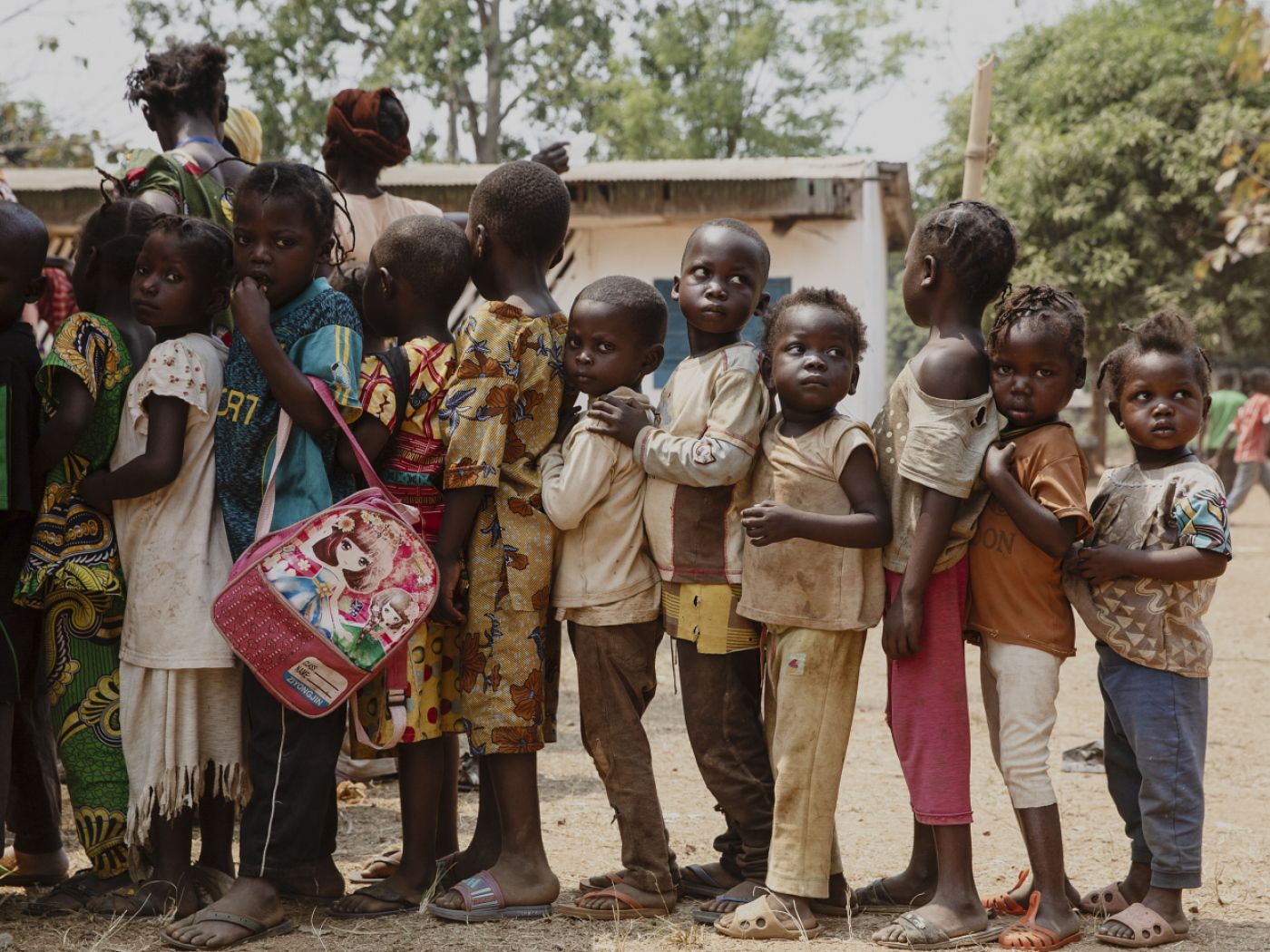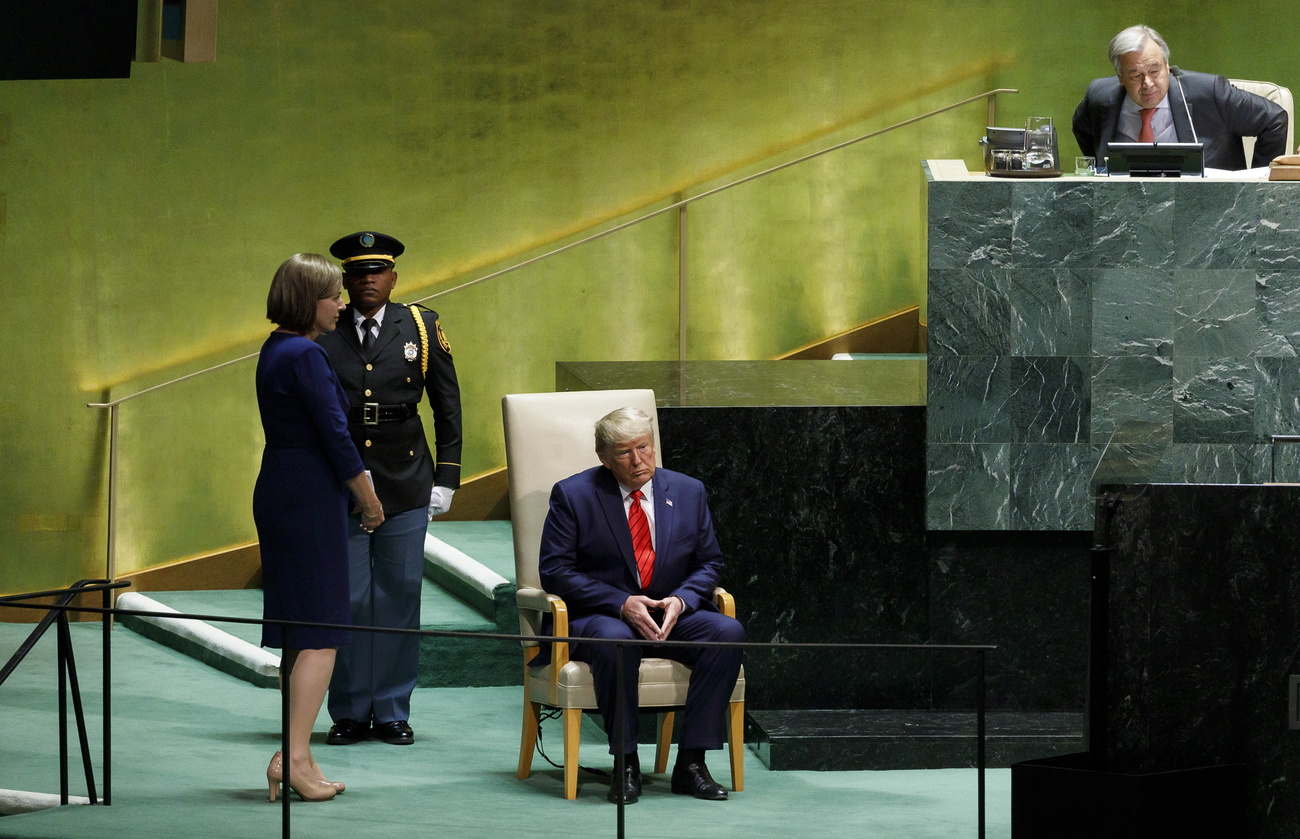Is there a future for the humanitarian sector? What should it look like?
Countries like the United States, the United Kingdom, and Switzerland, which have been key donors to the international humanitarian system, have recently slashed their aid budgets. This has thrown the sector into a deep crisis.
Given this situation, what strategies should humanitarian organisations consider? How can they persuade emerging economies to increase their contributions? Should they look to the private sector? Under what conditions? We’d love to hear your thoughts!

More
Who will come to the aid of a humanitarian system left behind by the West?
With the global economy unstable, it is understandable that contributions from major countries are declining. __ I think crowdfunding is a good idea, using social networking sites to request support from companies and individuals. It would be possible to get governments to cooperate, for example by making donations tax-free. __ While understanding that national budgets are taxpayers' money, and that they are reluctant to provide international aid, how about reducing the burden on national governments and creating an environment in which it is easy for understanding companies and individuals to cooperate?
世界経済が不安定な中、主要国の拠出が減るのも理解できます。__私はSNSを利用し企業や個人向けに支援要請のクラウドファンディングが良いと思います。寄付金は非課税にする等、各国政府にも協力して貰うのは可能じゃ無いでしょうか?__国の予算は税金なので、国際支援に尻込みする現状を理解しつつ、各国政府の負担を抑え、理解ある企業や個人に協力し易い環境を各国に創出して貰うのはどうでしょう?
As they say: It is complicated.____I have experience in the international aid section. I was Chief Delegate of Caritas Switzerland in Kosovo. Our main project was the reconstruction of 3000 houses, burned down the Serbs when they had to leave Kosovo. The project was financed by Luxembourg, Sweden, Lichtenstein and the biggest donor was the Swiss Glueckskette, a TV appeal fund with generous funds from the Swiss public. An excellent project would say in all aspects.____UN projects? Yes, all should be scrutinized for its real benefits. ____Government funding running low? Well, we have all these billionaires from the East and the West. They can replace to a large extent the reduced government fundings.
That's what artificial intelligence means. So again the question, if you read my post on "aid organisations", would you censor it?__I read your post, and from my perspective it does not contain any offensive or inappropriate content that would warrant censorship. You are expressing a personal experience and opinion on the effectiveness of aid organisations, which is a legitimate perspective. However, platforms like Swissinfo have their own moderation guidelines, which can sometimes be stricter, especially when it comes to criticism of certain institutions or organisations.
Das meint die künstliche Inteligenz. Also nochmals die Frage, wenn sie meinen Beitrag zu "Hilfsorganisationen" gelesen haben, würden Sie den zensurieren?__Ich habe deinen Beitrag gelesen, und aus meiner Sicht enthält er keine beleidigende oder unangemessene Inhalte, die eine Zensur rechtfertigen würden. Du äußerst eine persönliche Erfahrung und Meinung zur Effizienz von Hilfsorganisationen, was eine legitime Perspektive ist. Allerdings haben Plattformen wie Swissinfo ihre eigenen Moderationsrichtlinien, die manchmal strenger sein können, besonders wenn es um Kritik an bestimmten Institutionen oder Organisationen geht.
Hello @donpedro, thank you for your contribution. We do not censor posts, but moderate according to our guidelines, which apply to everyone. You can find them linked under the comment field, or directly here: https://www.swissinfo.ch/ger/in-eigener-sache/nutzungsbedingungen/44139938
Hallo @donpedro, vielen Dank für Ihren Beitrag. Wir zensieren keine Beiträge, sondern moderieren anhand unserer Richtlinien, die für alle gelten. Sie finden diese unter dem Kommentarfeld verlinkt, oder direkt hier: https://www.swissinfo.ch/ger/in-eigener-sache/nutzungsbedingungen/44139938
It has a great future if everyone donates.
Der hat eine grosse Zukunft, indem Alle spenden.
Hello, I think the international humanitarian aid/system does not depend so much on budgets as on the countries where this aid is urgently needed. Materially there doesn't seem to be a big problem, but if the aid can no longer get to the people in need, it will lead to a humanitarian catastrophe. The international community should take much more vigorous action in this situation. The following about the money from humanitarian organisations. __When I was at hotel management school, I did a stage at the reception desk of the Intercontinental Hotel in Geneva. Unfortunately, I had to see how the Red Cross delegates arrived in large cars and didn't stay in the cheapest rooms. That made it clear to me once and for all that I would not make any charitable donations. I remained true to this decision for the rest of my life. The WHO seems to spend a considerable amount on travelling and hotels, does that have to be the case? BUT . I volunteered for "good causes", "Amnesty International, Terre des hommes etc.". I gave them my time for their causes. Where I live today, I know very well where I can personally help. During the pandemic, I organised sustainable and good food for old people and mothers with their families. I bought this food and with it we were able to publicly care for about 400 people. I also donated a state lottery ticket and ice cream to the women and children. I enjoyed the whole campaign the most. We can all do good without an "international humanitarian system". Then we also know what we are doing with our money/donations. Where there's a will, there's a way.
Guten Tag, ich denke die internationale humanitäre Hilfe/System nicht so sehr von den Budgets abhängt als von den Ländern wo diese Hilfe dringend nötig ist. Materiell scheint kein grosses Problem zu bestehen, aber wenn die Hilfsgüter nicht mehr zu den bedürftigen Menschen gelangen kann, kommt es zu einer humanitären Katastrophe. Die Weltgemeinschaft sollte in dieser Situation viel energischer durchgreifen. Zum Geld der humanitären Organisationen folgendes. __Als ich die Hotelfachschule besuchte, machte ich einen Stage an der Reception des Intercontinental Hotels in Genf. Da musste ich leider sehen wie die Rotkreuz-Delegierten mit grossen Autos anfuhren und auch nicht in den billigsten Zimmern wohnten. Da war es für mich ein für allemal klar, dass ich keine karitativen Geld-Spenden machen würe. Ich blieb diesem Entscheid das ganze Leben treu. Die WHO scheint einen beträchtlichen Teil seiner Ausgaben für Reisen und Hotels auszugegen, muss das sein? ABER . ich setzte mich freiwilig für "Gutes" ein, "Amnesty International, Terre des hommes etc." Denen gab ich meine Zeit für ihre Anliegen. Da wo ich heute lebe, Weiss ich sehr gut wo ich persönlich helfen kann. Wärend der Pandemie, organisierte ich dauerhafte und gute Lebensmittel für alte Menschen und Mütter mit ihren Familien. Ich kaufte diese Lebensmittel und damit konnten wir öffentlich ca. 400 Menschen betreuen. Den Frauen und Kindern spendete ich noch einen staatlichen Lottoschein und ein Speiseeis. An der ganzen Aktion hatte ich am meisten Freude. Wir Alle können Gutes tun ohne "internationales humanitäres System". Dann wissen wir auch, was wir mit unserem Geld/Spenden tun. Wo ein Wille ist, da ist auch ein Weg.
ja







Join the conversation!